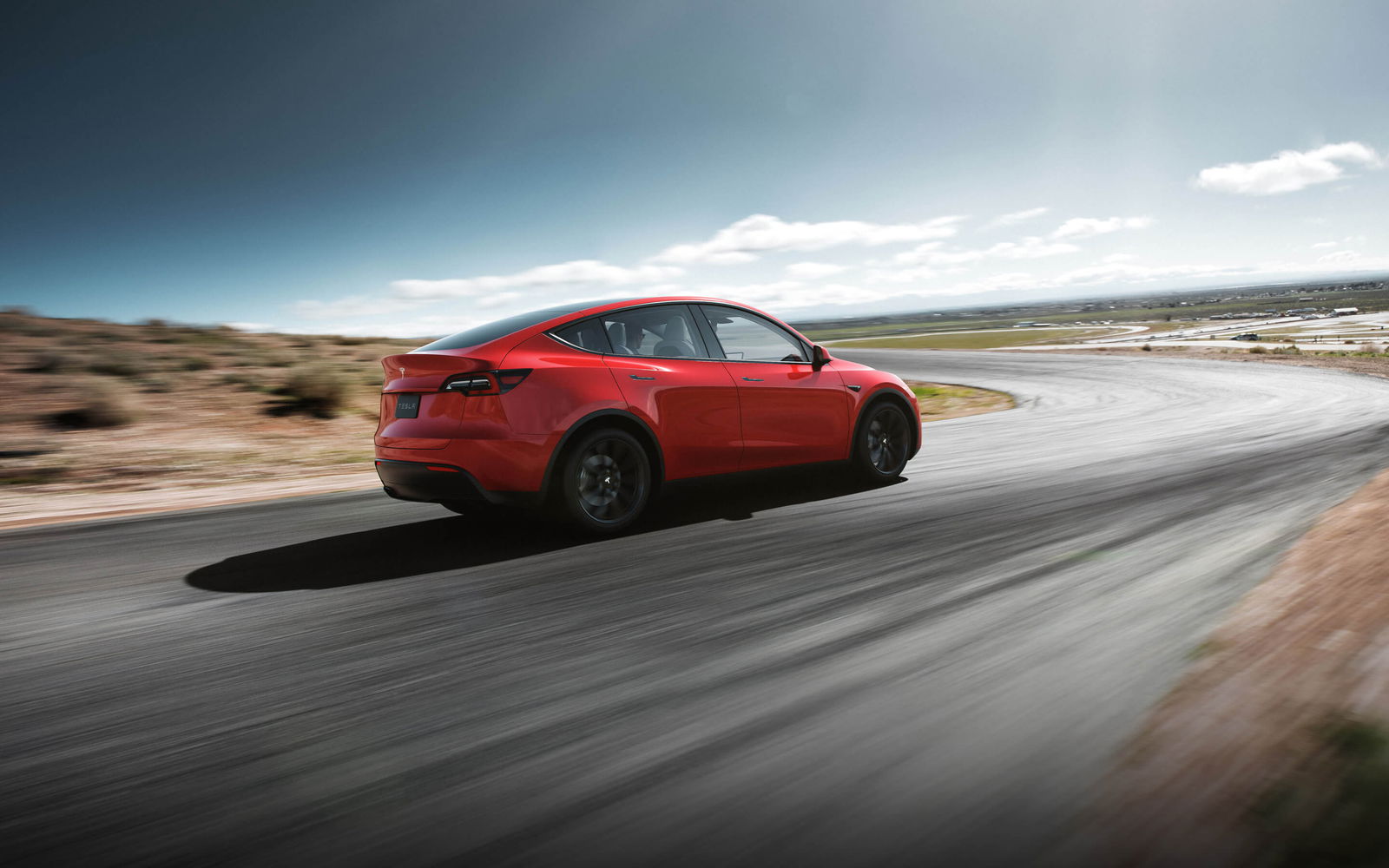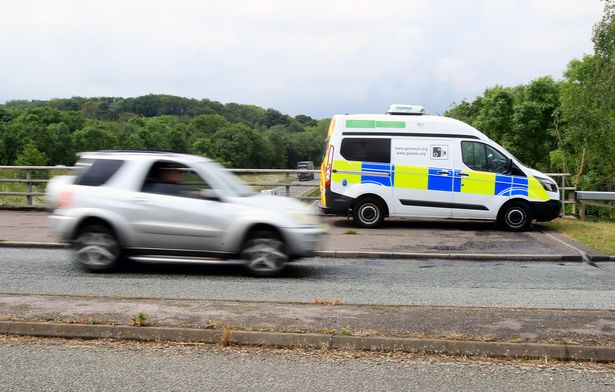UK matches France for increases in cost of charging electric bikes
Rising electricity costs are impacting public charging stations, leading to increased costs for charging electric bikes that could be higher than petrol.

The cost of charging electric bikes or cars is in some cases more expensive than fuelling a vehicle which runs on fossil fuels in France.
One of the positive points of owning an electric motorcycle, or electric car, until now has been that the operating costs for electric vehicles (EV) is less than that of a combustion equivalent. In the UK, for example, there are road tax exemptions for electrics - although they too will be gone in the coming years - and generally speaking it has been cheaper to charge a vehicle than to fuel one.

In France, that seems to be changing, as Le Repaire des Motards reports that it can cost up to €40 for 40kWh, which the outlet equates to around a 250km range (155 miles), in Paris when using Belib' - the TotalEnergies-owned operator which controls most of the stations in Paris - charging stations. In some cases in Paris with Belib', the cost for users has increased by almost two-times. Additionally, in Brittany prices per kilowatt-hour at charging stations operated by Ouest will more than double, Le Repaire des Motards reports, with prices increasing from 22 cents to 49 cents per kilowatt-hour later this month.
There are variables to take into account. For example, a subscription to a particular operators service will reduce the price, but at the same time that is of little benefit to someone who travels on more varied routes which feature different varieties of operators. Additionally, it is becoming the case in France that operators are each using different variables and different numbers of variables to calculate the cost of their electricity. These include the time of day at which the charge is taking place, the amount of time spent charging, and the amount of energy consumed.
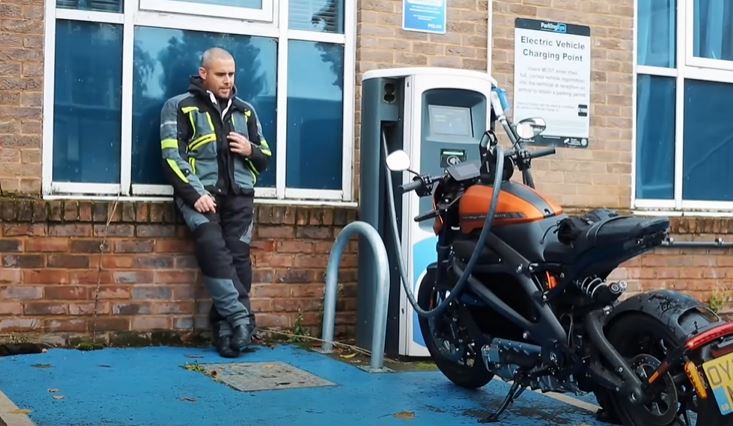
Of course, the top end of the cost amounting to potentially more than the equivalent refill of a combustion engine's fuel tank is concerning, but so is the confusing maze of variations on pricing that electric vehicles have to navigate to work out if they are getting the best price. Further, since all owners of electric vehicles can be aware of this information, it should be assumed that the majority of them will be aware of it, and therefore that the majority are trying to take advantage of it, as is their right. Not trying to find the least expensive option at the current time of cost of living turmoil seems to be an irresponsible choice, but with the lack of infrastructure for electric vehicles which is common across many countries (although it was especially highlighted in the UK in recent weeks) the number of people trying to make that advantage for themselves finally turns it to a disadvantage, because there is not the capacity in the network for so many users at once.
With costs increasing far faster than infrastructure is expanding for electric bikes and cars, it becomes increasingly difficult to justify owning or buying one.
In the UK, this cost increase has been highlighted by the RAC, which has found that the cost of charging an electric car has risen by more than 50% since May 2022. While the RAC's published data generally refers to cars, the data itself is for the cost per kilowatt-hour (kWh) when charging from a public rapid or ultra-rapid charging station, and is therefore also applicable to motorcycles.
The RAC says that the average cost of one kilowatt-hour from a rapid charging point in the UK is now 70.32p, which is a 58% increase compared to May 2022 (44.55p) and an 11% increase on September 2022 (63.29p).
The most popular electric motorcycle category is the 4-11kW category, essentially meaning 125cc equivalents, at least towards the top end. An example of a motorcycle in this category is the Zero DS, which has a continuous power output of 11kW, or 15 horsepower.
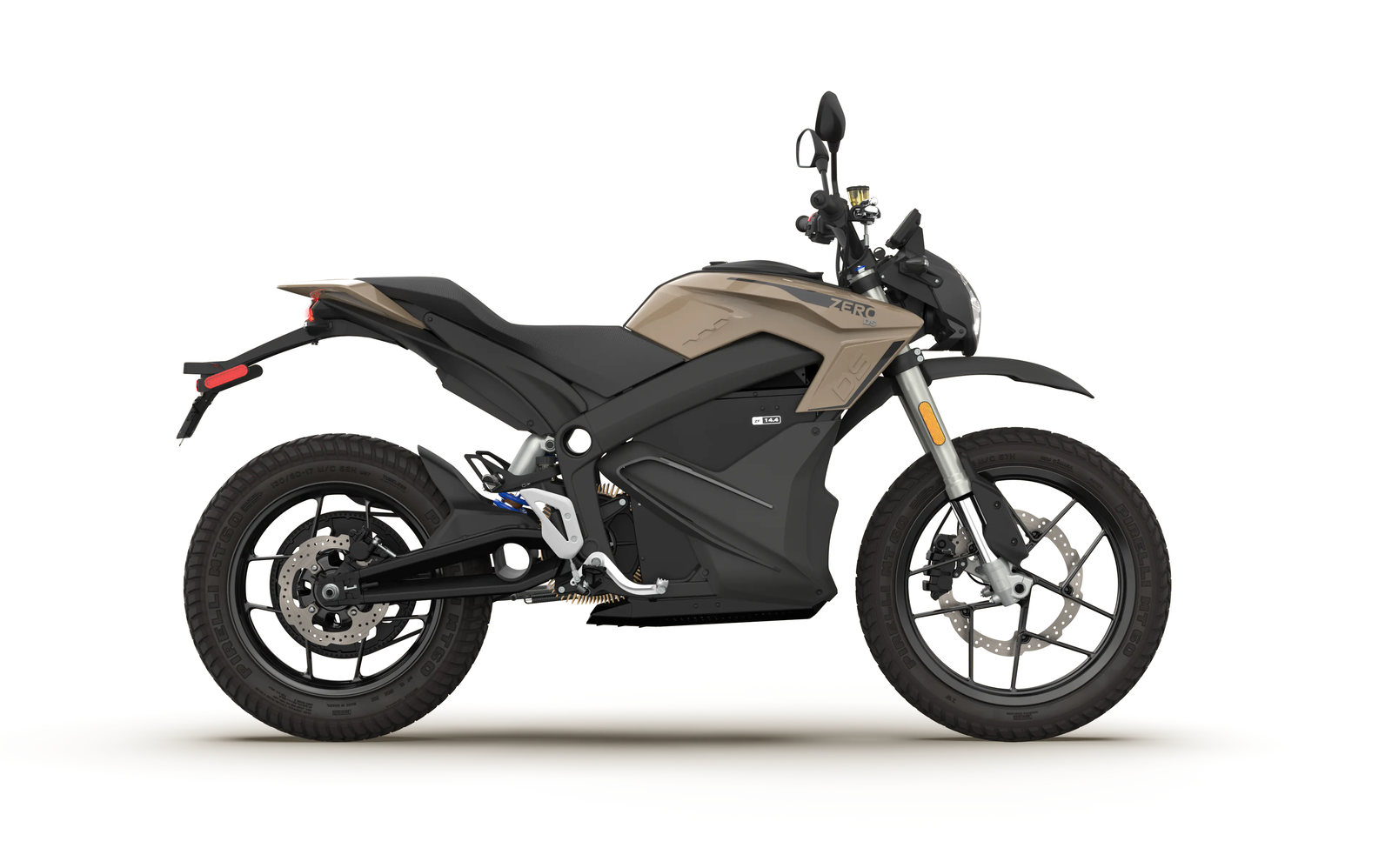
The Zero also comes with a choice of battery: with 14.4kWh and 18kWh maximum capacities respectively (12.6kWh and 15.8kWh nominal, respectively). At the average rates in May, 44.55p, it would have cost £6.42 to charge the 14.4kWh battery to maximum, or £5.61 to the nominal 12.6kWh capacity; while for the 18kWh battery it would have cost £8.02 for maximum, and £7.04 for the nominal 15.8kWh.
In comparison, charging the same 14.4kWh battery from a rapid charging station now would cost £10.12 for maximum and £8.86 for the nominal 12.6kWh; and the 18kWh battery now costs £12.66 for maximum and £11.11 for the nominal 15.8kWh.
Switching now to look at ultra-rapid chargers, the cost is now 74.79p per kilowatt-hour on average, according to the RAC, compared to 50.97p in May 2022 and 63.94p in September 2022.
Charging the Zero DS's battery in may would have cost £7.34 for maximum 14.4kWh and £6.42 for the nominal 12.6kWh; while it would have been £9.17 for the 18kWh maximum, and £8.05 for the 15.8kWh nominal capacity.
To compare, now the cost from ultra-rapid chargers would be £10.77 for 14.4kWh, and £9.42 for the nominal 12.6kWh; and for the 18kWh battery the maximum will cost £13.46, and the nominal 15.8kWh is £11.82.
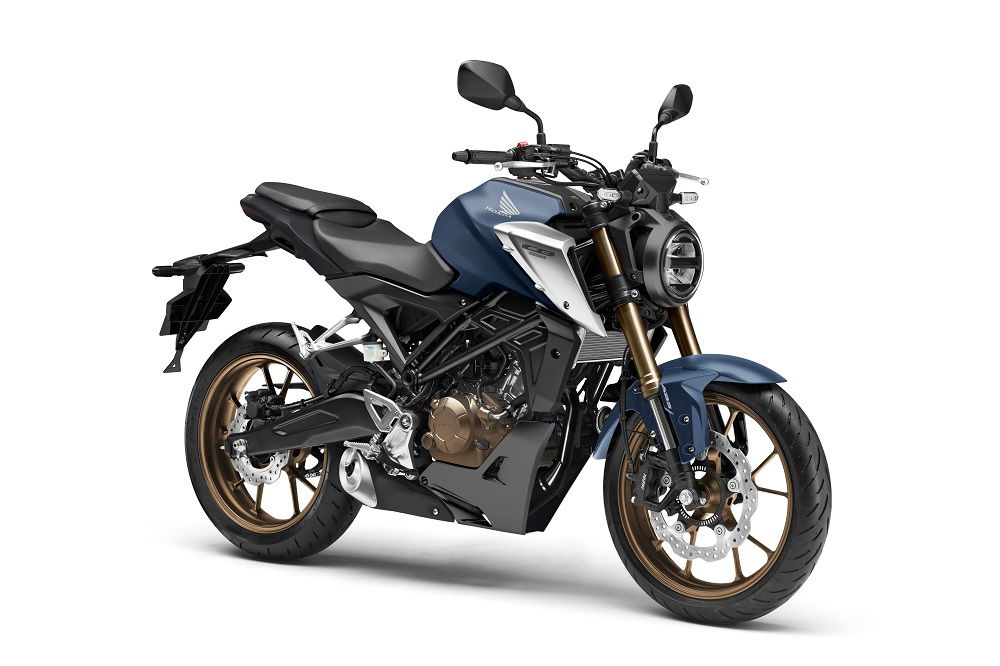
Making the comparison to an equivalent combustion 125cc bike, the Honda CB125R has a fuel tank of 10.1 litres. We wrote earlier today (11 January 2023) that petrol prices in the UK have dropped below £1.50, so taking that figure and applying it to the Honda, a total fill-up would cost £15.15, which is £1.69 more than charging the Zero DS's battery on an ultra-rapid charger.
With fuel prices currently dropping and prices at the public plug continuing to rise that gap is surely set to continue to close.
This article was originally published on 28 September 2022, and has been updated on 11 January 2023. The original story can be read below.
As the price of energy continues to rise, electric bikes could soon cost more to charge than combustion bikes cost to fill up in the UK.
The comparatively low price of charging an electric vehicle versus fuelling one fitted with an internal combustion engine (ICE) has meant that for those who can afford the vehicle the switch to electric transport has been a financially beneficial one, as well as morally.
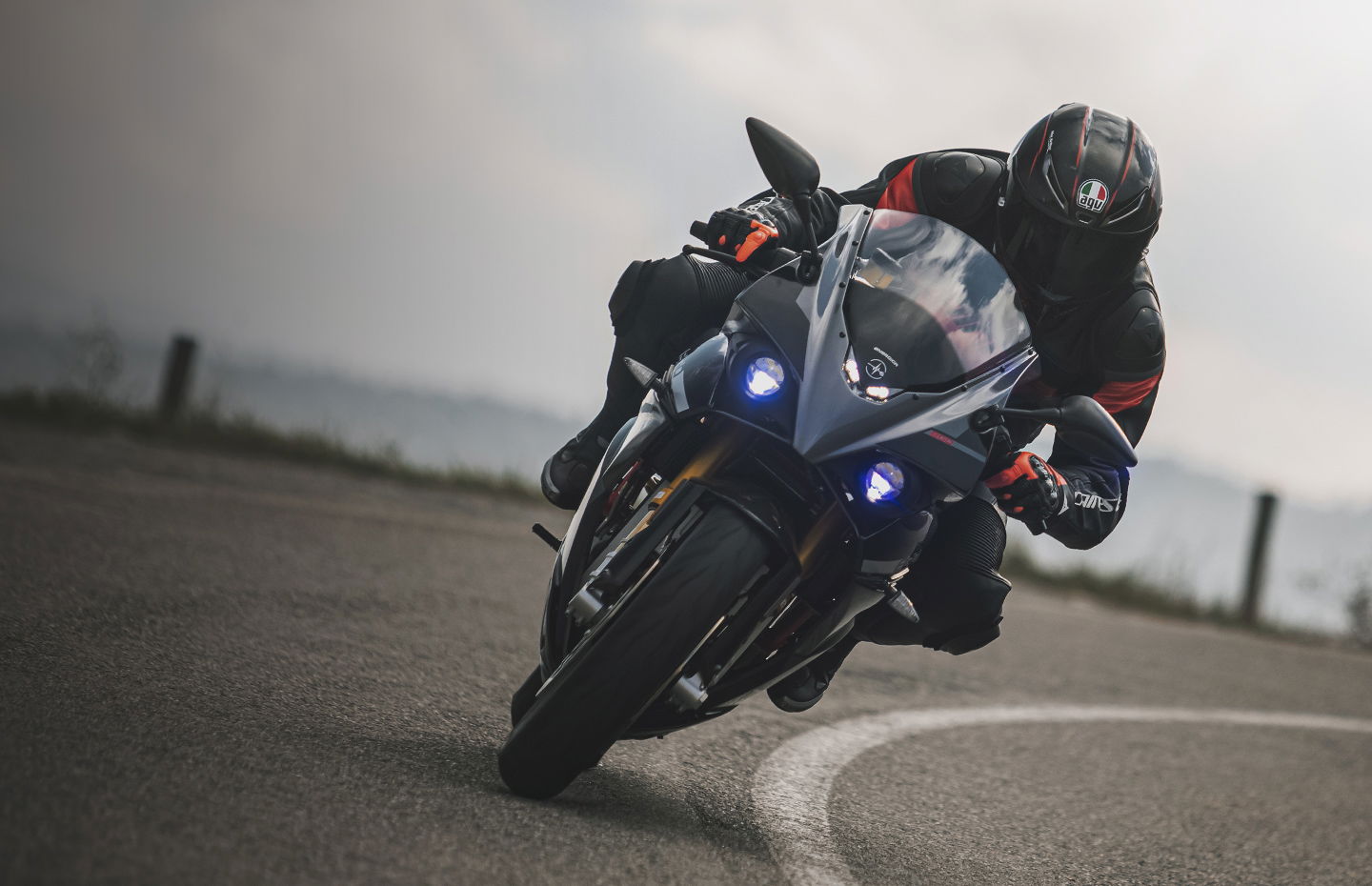
Historically, electric cars and electric motorcycles have been cheaper to charge than combustion engines have been to fuel. This has been the reality, but it might not be the reality for much longer.
The RAC reports that costs per kilowatt-hour (kWh) of electricity at ‘rapid’ charging stations in the UK have increased by 42% in the four months from May 2022 to September 2022. That has led to charge costs per mile that are not far short of fill-up costs per mile.
To see how this figures in motorcycling terms, we will take two modern touring bikes, since they should theoretically have the best range.
For the electric, we will use the new Energica Experia, and for the ICE will take the Honda NT1100.
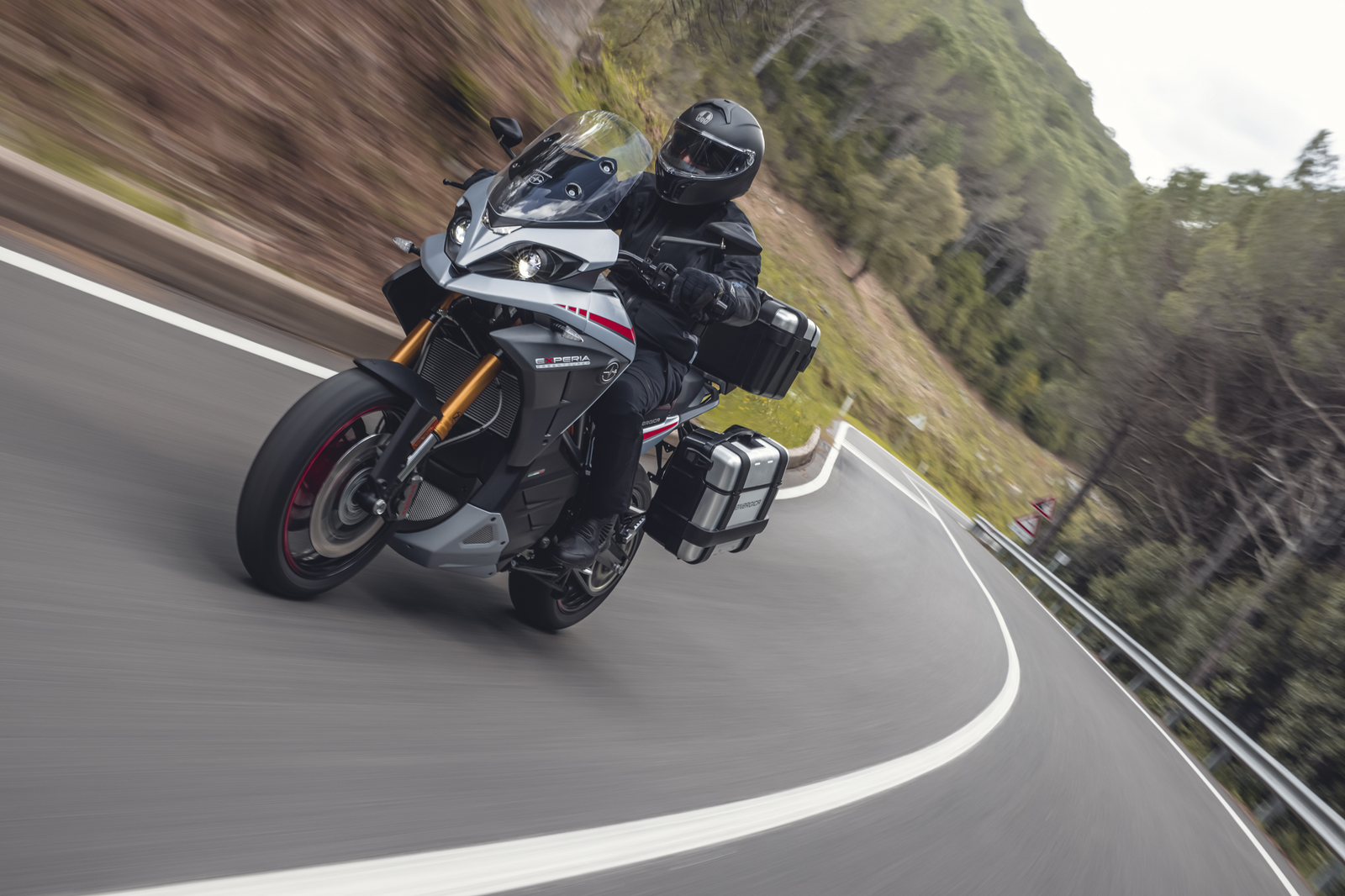
Energica quote the WMTC (World Motorcycle Test Centre) range for the Experia as 138 miles. It also has a nominal battery capacity of 19.6kWh. That means the Experia uses 0.142kWh per mile.
The RAC’s latest data for electricity costs at a rapid charge point is that 1kWh costs 63.29p. That means that the Energica Experia can do one mile on £0.09 of electricity.
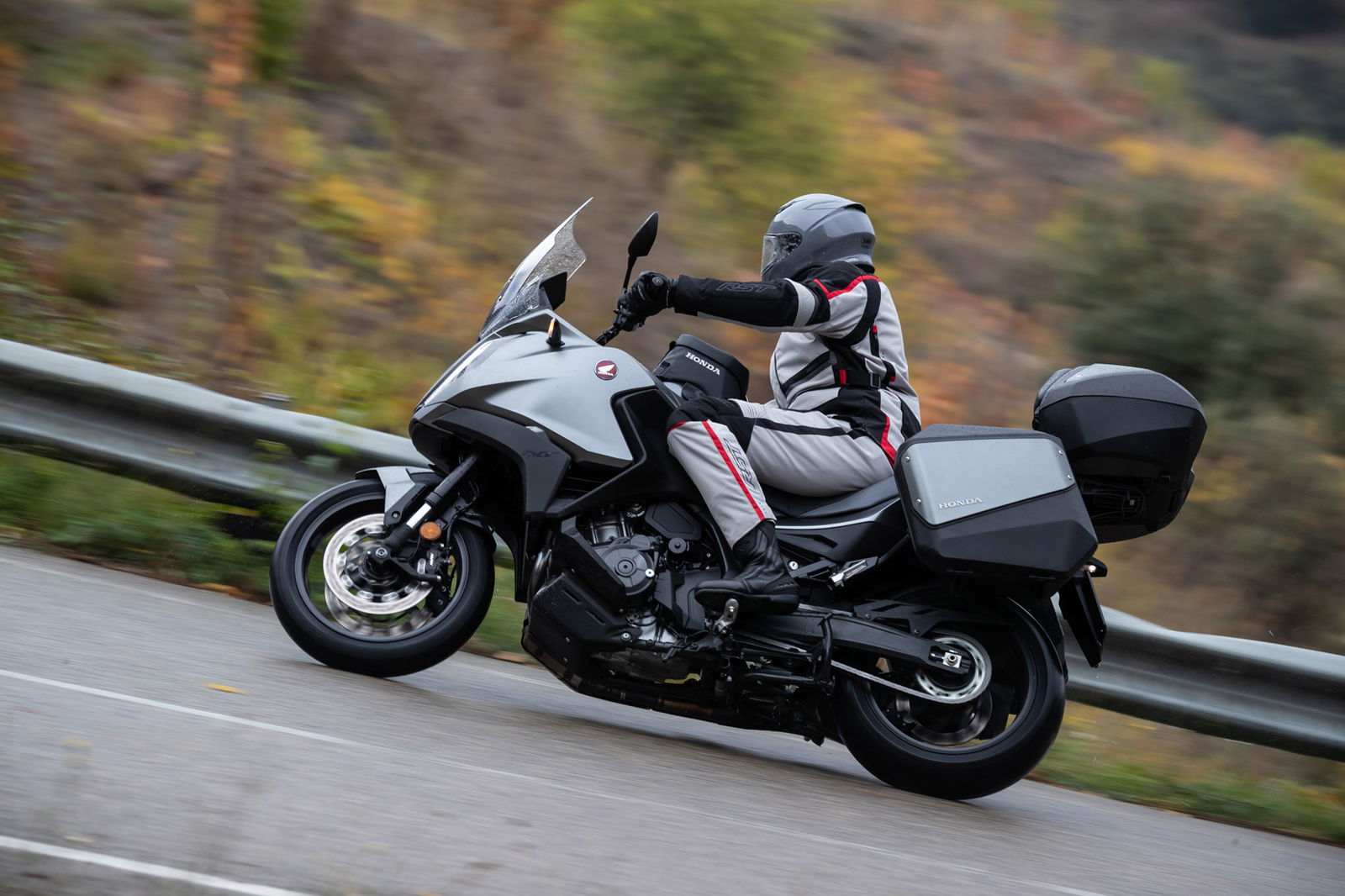
Honda quotes the fuel tank capacity for the NT1100 as 20.4 litres, and its fuel consumption as five litres per 100km, or 62 miles. That means a range of 12.4 miles per litre. Taking its 20.4-litre fuel tank, we can see that the NT1100 has a maximum range of 252.96 miles. Therefore, the Honda uses 0.08 litres per mile.
The RAC’s latest date for average UK at-the-pump prices for unleaded petrol has the price at 164.13p. So, the NT1100 uses £0.13 of unleaded fuel per mile.
According to a survey of 2,000 full-time UK workers conducted by Moneybarn says that the average UK round-commute to work is 23 miles. From that, we can deduce that the Energica Experia would use £2.07 worth of electricity on an average UK trip to work and back. In comparison, the Honda NT1100 would use £2.99 in fuel for the same trip.
The sharp rise in electricity prices at rapid charging points over the past four months would possibly lead to the conclusion that electrics will be more expensive to charge than combustions are to fuel quite soon.
However, the inflation of electricity prices could be outpaced by the inflation of at-the-pump petrol prices, since oil prices could increase next month at the upcoming OPEC+ meeting on 5 October.
As we discussed in a previous article, Russia could try to have the production of oil cut by one million barrels per day (bpd). Further to that, inflation of petrol prices in the UK would be further fuelled by the drop in the value of the pound (GBP) against the US Dollar (USD). The pound is losing value while the dollar is gaining value. Since oil is traded in USD, the weak pound means pricier oil, and therefore pricier petrol.
Whatever the case, fuelling or charging your motorcycle is only going to get more expensive, it seems.
